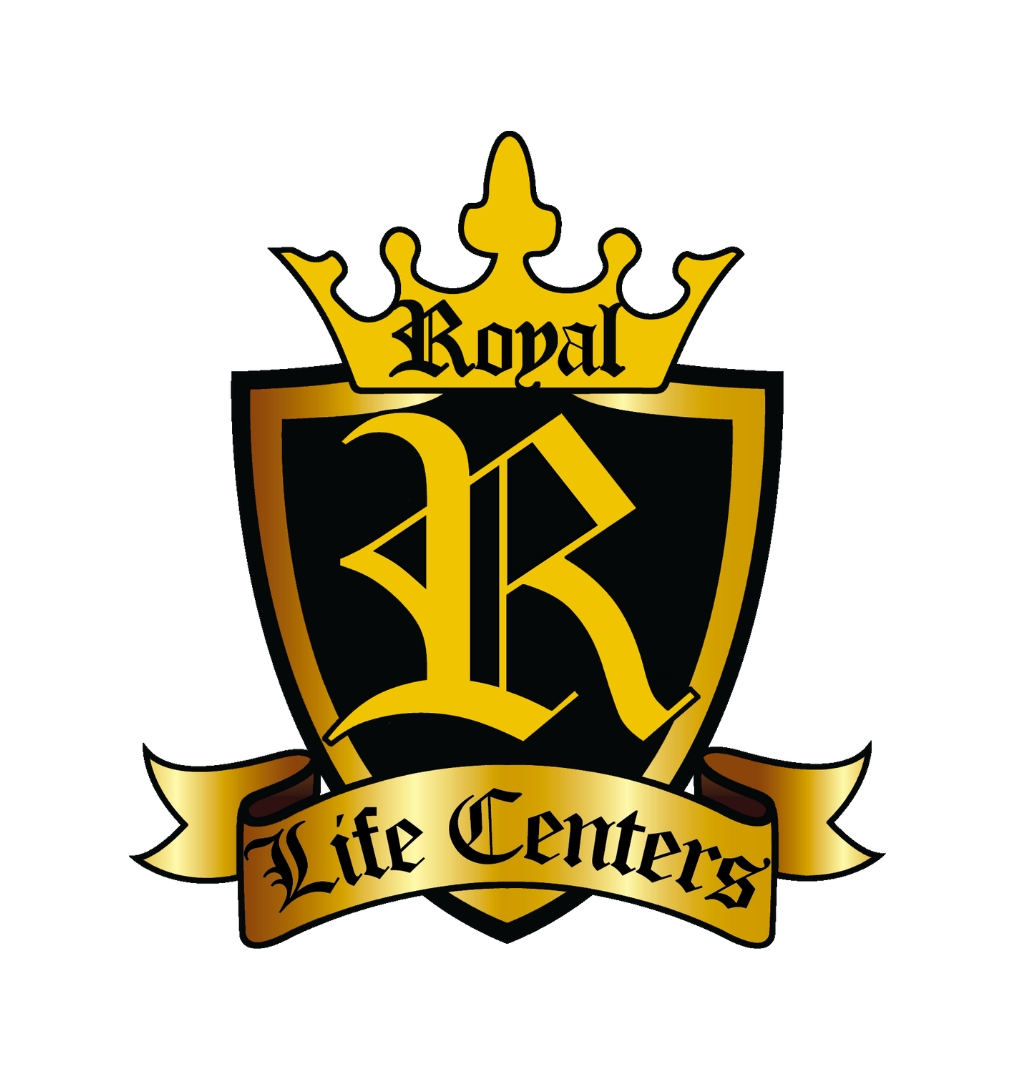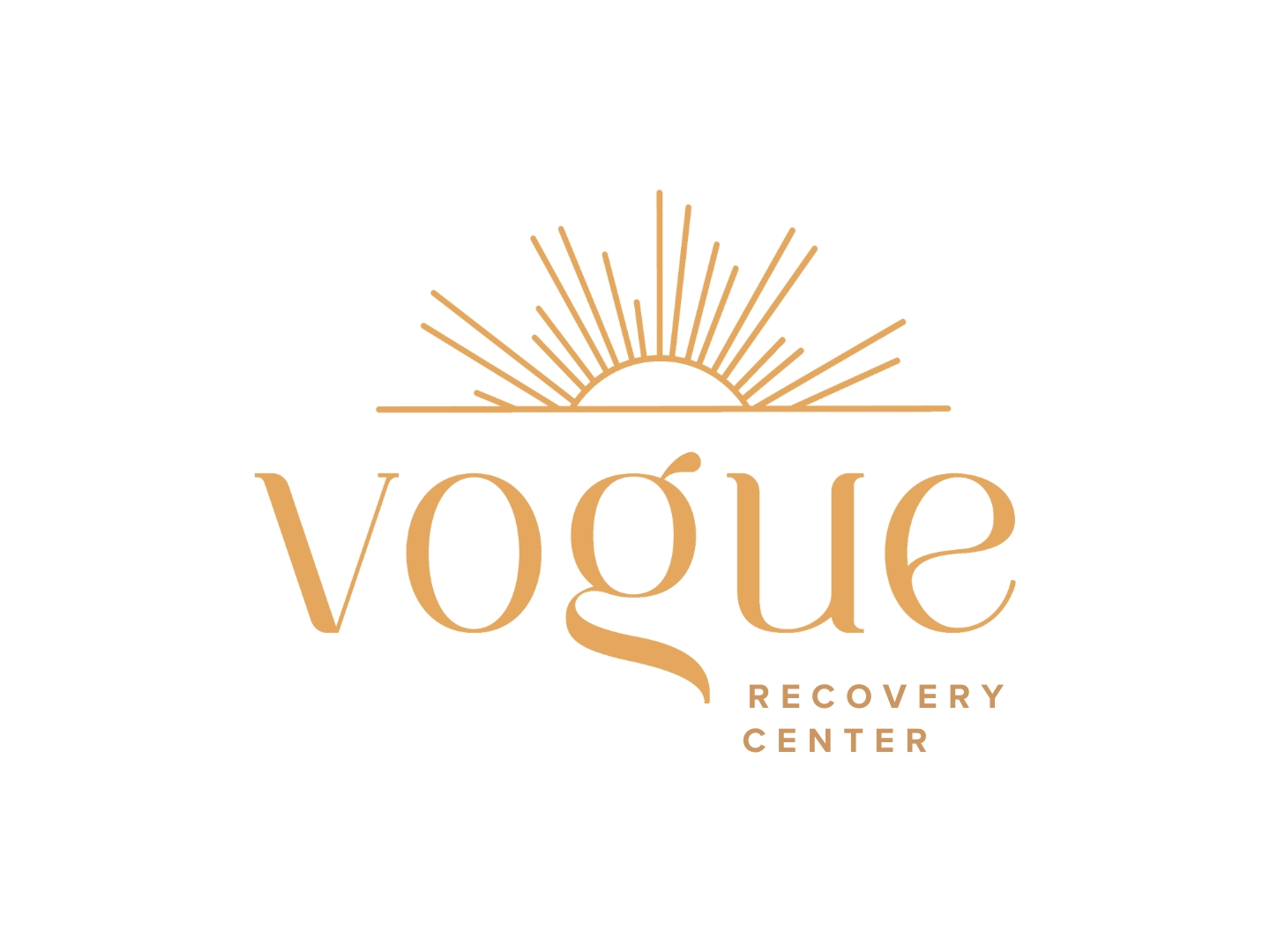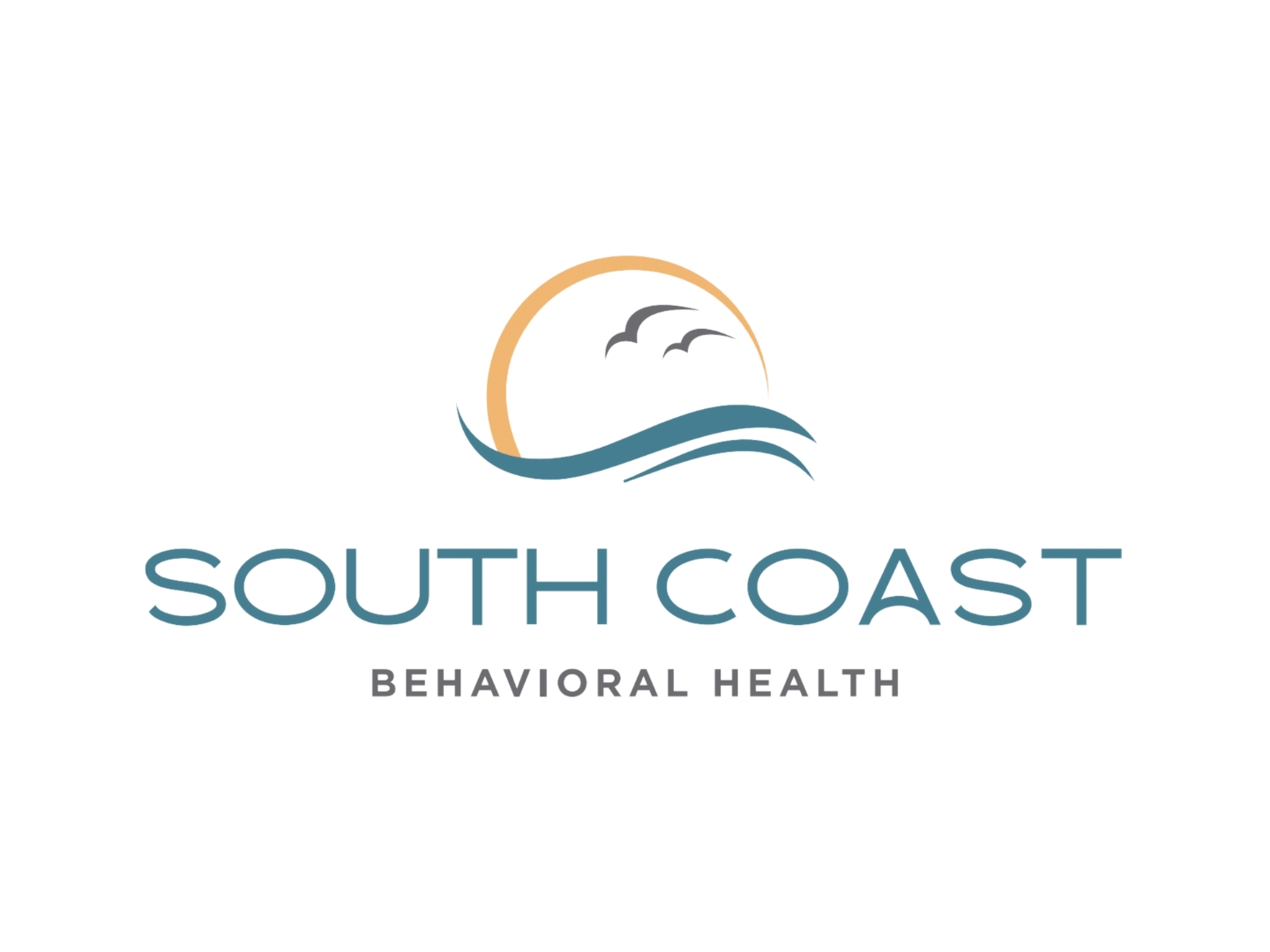Trauma-Focused Cognitive Behavioral Therapy (TF-CBT)
Trauma-focused cognitive behavioral therapy (TF-CBT) is a form of therapy commonly used for treating mental health conditions resulting from trauma. This can include PTSD and other severe anxiety disorders.
Aliya Health Group operates a network of treatment centers across the country. Our clinical team uses a variety of therapies in their approach to trauma recovery, including TF-CBT. Knowing what to expect from therapy beforehand can help you start your recovery with confidence. Here’s what you need to know about trauma-focused cognitive behavioral therapy.
What Is Trauma-Focused Cognitive Behavioral Therapy?
Trauma-focused cognitive behavioral therapy, or TF-CBT, is a type of therapy designed to help people deal with the aftermath of trauma. It is an evidence-based approach. This means that there is a lot of research supporting its effectiveness.
TF-CBT was developed in the 1990s by a team of specialists. It was created with the goal of specifically addressing the needs of children and adolescents who had experienced trauma. The key figures behind the development of TF-CBT were:
- Dr. Judith Cohen (psychiatrist)
- Dr. Esther Deblinger (psychologist)
- Dr. Anthony Mannarino (psychologist)
Their approach integrated elements of cognitive behavioral therapy (CBT) with traditional child abuse therapies. The core idea was to create a supportive environment where children could talk openly about their traumatic experiences. Over the years, TF-CBT has been refined and expanded to encompass a wider range of traumas and age groups.
Talk to an Admissions Representative | Free, No Obligation, 100% Confidential
How Soon Can I Get Help?
No one should have to wait to heal, which is why our specialists are available 24/7 to help guide you through the admissions process every step of the way.
What Is Trauma?
Trauma is an emotional response to an event that overwhelms the person’s ability to cope. It can be caused by a single event, or by repeated events. Common traumatic events include car accidents, violent crimes, natural disasters, war, abuse, neglect, or sudden deaths.
Trauma can have a profound impact on a person’s life. However, it is important to remember that people can heal from trauma. With support and treatment, people who have experienced trauma can learn to cope with their emotions and live healthy, fulfilling lives.
How Does Trauma-Focused Therapy Help?
Trauma-focused therapy can be helpful for those struggling with trauma in several ways. Some of the main benefits associated with trauma-focused therapy and CBT for trauma treatment include:
- Reduce symptoms of trauma: This may include anxiety, depression, flashbacks, and nightmares.
- Improve emotional regulation: Trauma can make it difficult to manage emotions. Therapy can teach people healthy ways to cope with negative or difficult emotions.
- Increase self-esteem: Trauma can damage a person's self-worth. Therapy can help people develop a more positive self-image.
- Improve relationships: Trauma can make it difficult to trust and connect with others. Therapy can help people learn better communication skills and build healthier relationships.
Trauma-focused Cognitive Behavioral Therapy vs Cognitive Behavioral Therapy
Although TF-CBT was developed using CBT concepts, there are some key differences between these two forms of therapy. For starters, CBT can be used to address a range of mental health concerns, including anxiety, depression, phobias, and eating disorders.
TF-CBT, on the other hand, specifically focuses on issues related to trauma. CBT is also typically conducted over a shorter period of time, ranging anywhere from 8-12 sessions. TF-CBT can take longer, as it targets more specific issues.
Looking for Mental Health Services?
If you or a loved one is struggling with their mental health, our admissions team is available 24/7. Our compassionate and understanding team can help answer your mental health treatment questions and get you started on the path to recovery.
Deciding to seek trauma treatment can be intimidating. We are here to make this process as easy as possible. Reach out to us today to learn more about how our treatment centers can help!
- How we can help
- Programs and locations
- Payment options
How Does Trauma-Focused Cognitive Behavioral Therapy Work?
Trauma-focused cognitive behavioral therapy combines elements of two well-established therapeutic approaches: cognitive behavioral therapy (CBT) and trauma-informed therapy. There are several steps that go into TF-CBT, including:
Psychoeducation: The therapist starts by educating the patient and their caregiver about trauma and its effects. This helps them understand why they might be feeling or behaving in certain ways and reduces any feelings of shame or guilt.
Building Coping Skills: TF-CBT equips the patient with healthy coping mechanisms. This allows them to manage difficult emotions and stressful situations. These skills may include relaxation techniques. Deep breathing, mindfulness exercises, and methods for identifying and reframing negative thoughts are the most common.
Gradual Exposure: A core component of TF-CBT is gradual exposure therapy. Here, the patient is slowly introduced to memories of the traumatic experience. This is done in a safe and controlled environment and helps them process the trauma and develop new coping mechanisms.
Cognitive Processing: TF-CBT helps patients identify and challenge unhelpful thinking patterns related to the trauma. Through this process, they can develop a more balanced and realistic understanding of what happened.
Caregiver Involvement: In TF-CBT for children, caregivers are actively involved in the therapy sessions. The therapist equips caregivers with skills to support their child’s healing process. They can also improve communication and manage their own distress related to the child’s trauma.
By working on these different aspects, TF-CBT helps individuals who have experienced trauma to feel safer, develop healthier thinking patterns, and build resilience for the future. It is a key healing technique for people in recovery from trauma-related issues.
What Are the Goals of TF-CBT?
Trauma-focused cognitive behavioral therapy (TF-CBT) aims to empower individuals who have experienced trauma. In doing so, it gives them the tools and strength to heal and move forward in a healthy way.
Some of TF-CBTs core goals include:
- Reducing trauma symptoms
- Improving emotional regulation
- Challenging negative beliefs
- Developing coping skills
- Enhancing safety and security
- Improving communication and relationships
Your therapist can help you set and reach these goals as you move through treatment. Change doesn’t happen overnight. Remember that actively working towards these goals can make a big difference in your recovery journey.
What to Expect in TF-CBT
Every therapy session can look different based on your specific needs and goals. However, there are some general steps in this process that you can expect when going into TF-CBT.
A therapist trained in TF-CBT will prioritize creating a safe and supportive environment. Their priority is to ensure you feel comfortable discussing your experiences. TF-CBT takes a collaborative approach to treatment. You and your therapist will work together to establish effective recovery goals.
During your first sessions, you will learn about trauma and its effects on the brain and body. This knowledge can help you understand your symptoms and develop empathy for yourself. You will also be equipped with tools to manage difficult emotions and cope with stressful situations.
Cognitive restructuring is also a large part of TF-CBT. You will be taught how to identify negative thought patterns and develop more balanced thoughts about yourself and your surroundings. In a safe and controlled space, you will be guided through processing the traumatic event(s).
This may involve creating a trauma narrative or using exposure therapy techniques. Your sessions may also include the presence of a parent or caregiver. This gives them the opportunity to understand and work with you better.
Are you ready to leave drugs & alcohol in your past? Reach out today through live chat, email, or phone.
What Does Trauma-Focused Cognitive Behavioral Therapy Treat?
Trauma-focused cognitive behavioral therapy has been shown to be effective in treating children and adolescents who have experienced trauma. This can stem from events such as sexual abuse, physical abuse, or neglect. It can also be helpful for adults with post-traumatic stress disorder (PTSD).
Over time, TF-CBT has developed to be useful in treating various issues, including:
- Post-traumatic stress disorder (PTSD)
- Anxiety
- Depression
- Anger
- Guilt
- Shame
- Self-harm
- Behavioral problems
If you’re struggling with trauma or any other anxiety disorder, TF-CBT is proven effective at improving mental health. Working with a skilled and experienced therapist who can administer these treatments can make all the difference when it comes to recovery.
TF-CBT for Substance Abuse
Cognitive behavioral therapy (CBT) can be very effective in treating substance abuse disorders. CBT works by helping people identify and change negative thoughts and behaviors that contribute to their addiction. Some of the ways that CBT can help treat substance abuse include:
- Identifying triggers
- Challenging negative thoughts
- Developing coping skills
- Preventing relapse
Many who experience trauma turn to substance abuse as a way to self-medicate. This opens the door for addiction and a host of other health and wellness issues that compound trauma, not relieve it. Getting help for trauma is the best way to overcome the substance abuse which can accompany it.
TF-CBT for Mental Health Disorders
Cognitive behavioral therapy (CBT) is a widely used form of psychotherapy. It has been shown to be effective in managing a variety of mental health conditions including trauma. It’s a collaborative process between you and a licensed therapist to help identify and overcome traumatic experiences.
During TF-CBT, you work together to identify negative patterns in your thinking and behavior that are affecting your mood. Trauma-focused cognitive behavioral therapy techniques can teach you strategies to challenge these patterns and develop more helpful ways of coping.
TF-CBT for Co-Occurring Disorders
Cognitive behavioral therapy (CBT) is a widely used form of psychotherapy. It has been shown to be effective in managing a variety of mental health conditions including trauma. It’s a collaborative process between you and a licensed therapist to help identify and overcome traumatic experiences.
During TF-CBT, you work together to identify negative patterns in your thinking and behavior that are affecting your mood. Trauma-focused cognitive behavioral therapy techniques can teach you strategies to challenge these patterns and develop more helpful ways of coping.
Self-Assessment: Am I Addicted?
"*" indicates required fields
Trauma-Focused Cognitive Behavioral Therapy for PTSD
As discussed, TF-CBT has been shown to be effective in treating children and adolescents who have experienced trauma. TF-CBT combines elements of cognitive behavioral therapy (CBT) with a trauma-sensitive approach.
CBT, on its own, can help people identify and change negative thoughts and behaviors. Trauma-sensitive therapy helps people cope with the emotional and psychological effects of trauma. Combined, these therapies can address specific issues related to trauma and help individuals heal from them.
How Does TF-CBT Help Veterans Process Trauma?
Trauma-focused cognitive behavioral therapy (CBT) is a powerful tool for veterans. In particular, it helps them deal with the aftermath of traumatic experiences related to their time serving. Some of the main ways TF-CBT can help veterans include:
Providing a Safe and Collaborative Space: Trauma-informed therapists understand the impact of military service and combat. They create a safe space for veterans to discuss their experiences without judgment.
Processing Thoughts and Beliefs: CBT helps veterans identify negative thought patterns that may stem from their trauma. These patterns can include feelings of guilt, blame, or a sense of powerlessness.
Managing Emotions: Trauma can lead to intense emotions like anger, fear, or sadness. CBT equips veterans with healthy coping mechanisms to manage these emotions effectively.
Facing Triggers: Veterans often avoid situations that remind them of the trauma. This avoidance can hinder their daily life. CBT can involve gradual exposure therapy. This allows the veteran to confront their triggers in a safe and controlled environment.
TF-CBT can incorporate specific techniques for veteran PTSD treatment. Trauma-focused CBT for veterans may incorporate aspects of military culture and experiences. Therapists may use techniques like imagery rehearsal. This can help veterans develop coping mechanisms for anticipated situations.
We accept health insurance
Aliya Health Group accepts most major health insurance providers on both a national and local level. Some of the health insurance providers we work include:







Check to see if your insurance is in-network at one of our rehab facilities.
What Are the Benefits of Trauma-Focused Cognitive Behavioral Therapy?
Trauma-focused cognitive behavioral therapy offers a range of benefits for individuals who have experienced trauma. Some of the key advantages that can come from participating in TF-CBT include:
- Reduced PTSD Symptoms
- Improved Emotional Regulation
- Cognitive Restructuring
- Enhanced Relationships
- Reduced Behavioral Issues
- Broad Applicability
How Effective is TF-CBT?
Trauma-focused cognitive behavioral therapy is considered to be a very effective treatment for trauma. In particular, it has been shown to be very helpful for children and adolescents who have experienced traumatic events.
TF-CBT works to reduce symptoms in people who have experienced traumatic events. It has been proven to be a viable treatment option for improving the quality of life among children and even adults struggling with PTSD and other trauma-related conditions.
Can TF-CBT Help Me?
TF-CBT is a very effective treatment option for those who have experienced trauma. If you have experienced a traumatic event and are struggling with emotional problems because of this, TF-CBT can be a good fit for you.
Of course, it’s important to note that TF-CBT is specifically designed to address the impact of trauma. If you are not struggling with trauma, this may not be the right choice of treatment for you. Our admissions team can help discuss your treatment needs and determine what services will be best for you.
Tips for Successful Trauma-focused Cognitive Behavioral Therapy
TF-CBT is a great option for people struggling with trauma. If you are interested in participating in TF-CBT, there are some tips you can follow to set yourself up for a successful session. When participating in TF-CBT, it can help to do the following:
- Practice open communication: Be honest and open with your therapist about your experiences and challenges. The more your therapist understands, the better they can tailor treatment to your needs.
- Stay committed: TF-CBT can be emotionally challenging. Be prepared to commit to the therapy process and attend sessions regularly.
- Learn about trauma: Gaining knowledge about trauma and its effects can help you validate your experiences and understand your symptoms.
- Practice relaxation techniques: This includes techniques like deep breathing or progressive muscle relaxation. These can help manage stress and difficult emotions that come up during trauma processing.
Is TF-CBT Covered by Insurance?
Trauma-focused CBT is a unique form of CBT. Due to changes in healthcare laws, most insurance policies now cover CBT. However, it is always best to check with your specific insurance provider to confirm coverage details for TF-CBT.
Your coverage options may vary depending on your specific provider and plan. Our admissions specialists can help you verify your coverage and determine what levels of care are covered under your policy. We can also help you determine other payment options should treatment not be covered under your policy.
Reach out to us today to learn more about our treatment programs and how they can help you. We are dedicated to helping you achieve long-term healing and success on your recovery journey.
Find TF-CBT Near Me
TF-CBT is one of the most effective treatments for trauma-related disorders. No matter what the source of your trauma, there is an individualized treatment plan waiting for you when you reach out to the mental health professionals at Aliya Health Group. Our programs are rooted in dignity and compassion so everyone can feel supported and cared for on their journey to a brighter future. If trauma is making life difficult for you, our team of specialists can help you find a treatment program using TF-CBT and other trauma therapies. Reach out today to learn more about the process.
Client Testimonials






Change your life with one call.
We can help.
Frequently Asked Questions
Before entering outpatient treatment for substance abuse, most people have a long list of questions and concerns. To help you gain a better understanding of what to expect during outpatient programs, we have compiled a list of our most frequently asked questions.
Yes, our rehabilitation facilities have designated smoking areas available. However, kindly note that all cigarettes brought into the facility must be in unopened packs or cartons. The same rule applies to any cigarettes sent or brought by family or friends. Our staff will be more than happy to provide you with additional details regarding these guidelines during the admission process.
Yes, in most cases, we can offer repayment options tailored to your unique circumstances. For more details regarding personal repayment options, we recommend reaching out to our admissions team. They’ll be more than happy to assist you.
We accept all major insurance plans at our treatment locations. To learn more about insurance and treatment cost, contact our admissions team or fill out our secure insurance verification form.
Yes, we provide integrative dual diagnostics alongside a wide array of treatment modalities. Our core objective revolves around tackling addiction, while simultaneously addressing the underlying factors that contribute to substance use disorders. Our mission is to deliver effective and holistic care that encompasses both symptom management and the exploration of root causes of addiction.
In terms of cost, outpatient treatment is typically more affordable than inpatient options which require round-the-clock medical supervision. This makes it a viable solution for individuals who may be deterred from seeking help due to financial constraints.








